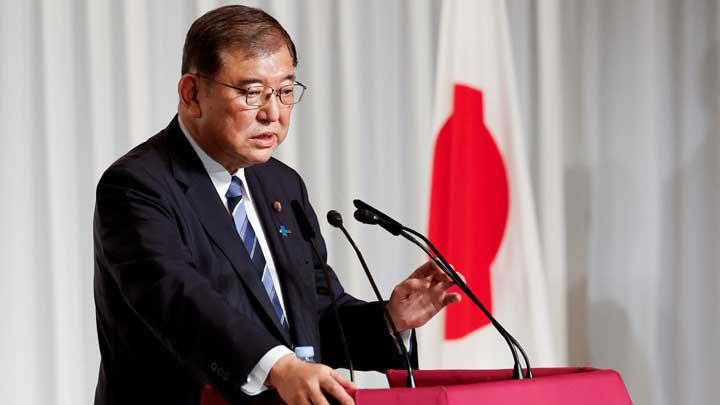Rice prices surge, public support for Japanese PM falls

TOKYO – Public support for Japanese Prime Minister Shigeru Ishiba’s Cabinet has dropped to a record low of 27.4%, according to a Kyodo News poll released on 18 May 2025.
As reported by English.KyodoNews.net, the figure places the Ishiba administration below the 30% “danger zone” that often precedes a change in leadership.
The 5.2 percentage point drop was primarily driven by a sharp increase in rice prices and public dismay over Ishiba’s firm refusal to cut consumption taxes.
Other surveys by Yomiuri and Mainichi showed support ranging from just 22–31%, the lowest since Ishiba took office last October.
Nevertheless, analysts believe Ishiba is unlikely to be ousted before the Upper House election in July, as rival factions within the Liberal Democratic Party (LDP) have yet to unite.
“The closer we get to the election, the more impossible it becomes for the LDP to replace the captain mid-game,” wrote Tobias Harris of Japan Foresight, as quoted by Bloomberg on Monday (19/5).
Pressure to slash taxes is mounting, with 73.2% of Kyodo respondents supporting at least a cut on food items to ease the cost-of-living crisis.
However, 72.9% worry that social security services could suffer if taxes are reduced.
Speaking in parliament last Monday, Ishiba reiterated his opposition to the proposal with a stark comparison. “Japan’s fiscal situation is worse than Greece’s.”
He argued that covering revenue shortfalls with government bonds is risky, especially now that borrowing costs are rising after the Bank of Japan ended its negative interest rate policy last year.
According to the IMF, Japan’s government debt is projected to reach 234.9% of GDP in 2025, far exceeding Greece’s 142.2%.
Ishiba’s hard stance is rooted in concerns over interest burdens. Roughly one-quarter of this fiscal year’s national budget is allocated to debt servicing. Although most government bonds are held by domestic investors—setting Tokyo apart from Athens during the 2009 crisis—rising yields still squeeze fiscal space.
In the Kyodo survey, 74.3% of respondents were pessimistic that Japan-US tariff talks would yield a favourable deal. Support for proportional representation in the Upper House election is fragmented, with the LDP at 20.2%, the main opposition CDPJ at 14.2%, the DPP at 12.4%, the Innovation Party at 6%, and Reiwa Shinsengumi at 5.9%.
Observers expect taxes and food prices to dominate the campaign. If July’s results are disappointing, internal pressure to find a successor to Ishiba is likely to erupt. For now, however, the prime minister remains in place, weathering the storm of public opinion. (EF/ZH)